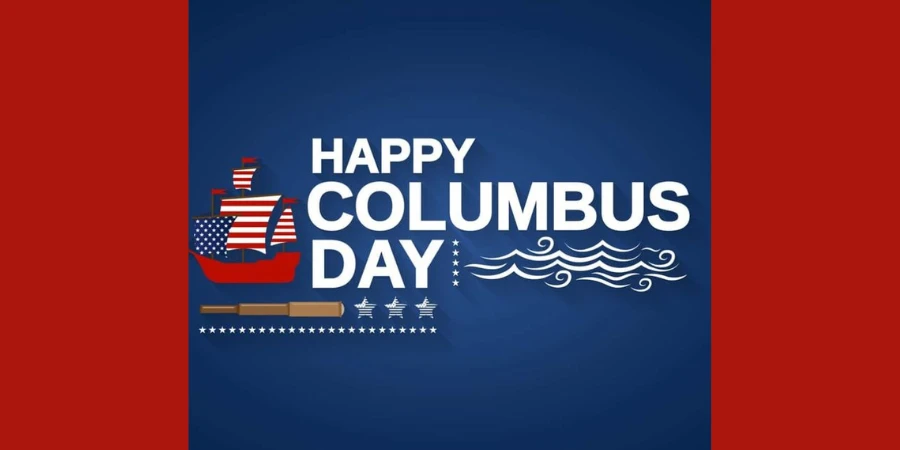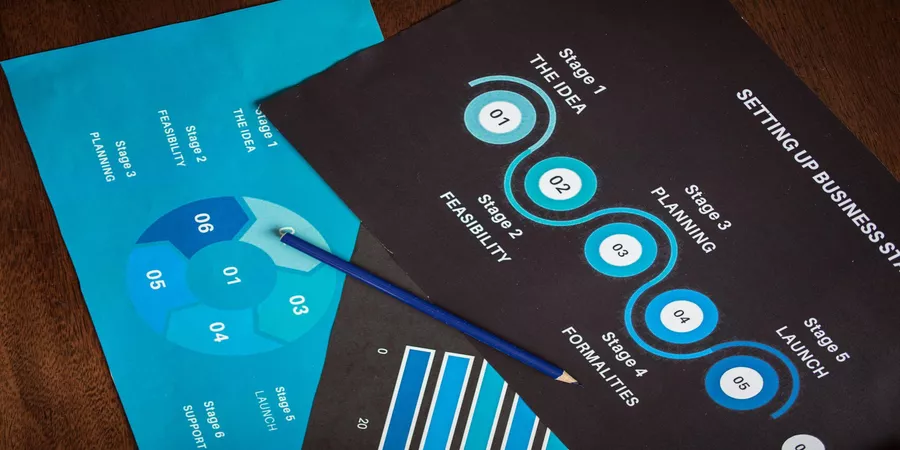Every year on the second Monday of October, Americans observe a holiday that sparks more conversation than perhaps any other day on the federal calendar. Columbus Day 2025, falling on October 13, represents far more than just a day off work or school. It’s become a reflection of how modern America grapples with its history, celebrates diverse heritages, and seeks to honor multiple truths about the past.
Who Was Christopher Columbus and Why Do We Remember Him?
Christopher Columbus was a navigator and explorer born in Genoa, Italy, around 1451. Convinced he could reach Asia by sailing west across the Atlantic, Columbus spent years seeking financial backing for his ambitious plan. Finally, in 1492, Spain’s King Ferdinand and Queen Isabella agreed to fund his expedition.
Columbus set sail on August 3, 1492, commanding three vessels that would become legendary: the Niña, the Pinta, and the Santa María. For more than two months, his crew sailed into unknown waters, with no certainty about what they would find or whether they would ever return home.
On October 12, 1492, land was finally sighted. Columbus had reached an island in what we now call the Bahamas, though he believed he had found a route to India. This miscalculation is why he called the native inhabitants “Indians,” a misnomer that persisted for centuries.
Columbus made four voyages to the Americas between 1492 and 1504. During these expeditions, he explored various Caribbean islands and parts of Central and South America. He established settlements, including La Isabela on the island of Hispaniola, marking the beginning of permanent European presence in the Western Hemisphere.
How Columbus Day Became an American Tradition
The story of how Columbus Day became a federal holiday is deeply intertwined with the Italian-American experience in the United States. During the late 1800s and early 1900s, Italian immigrants arrived in America in large numbers, often facing discrimination and hostility. They were frequently viewed as outsiders and struggled to gain acceptance in their new homeland.
Italian-American communities saw Columbus as a bridge between their heritage and their new American identity. Here was an Italian whose voyage had literally made America possible. Celebrating Columbus became a way of asserting that Italians belonged in America and had contributed to its very existence.
The first recorded Columbus Day celebration in the United States took place in New York City in 1792, marking the 300th anniversary of his landing. However, it wasn’t until 1937 that President Franklin Roosevelt, responding to lobbying from the Knights of Columbus and other Italian-American organizations, proclaimed Columbus Day a national holiday.
The holiday gained even more significance in 1968 when Congress passed legislation making it an official federal holiday. Starting in 1971, Columbus Day was set for the second Monday in October, joining other holidays that were moved to Mondays to create extended weekends for American workers.
How Americans Celebrate Columbus Day Today
Columbus Day celebrations vary dramatically depending on where you are in the United States. In cities with large Italian-American populations, the day features vibrant parades, festivals, and cultural events that showcase Italian heritage.
New York City hosts one of the world’s most famous Columbus Day parades. Since 1929, this annual event has brought together hundreds of thousands of people to celebrate Italian-American culture. The parade features marching bands, elaborate floats, traditional costumes, and performances that highlight Italy’s rich cultural contributions to music, art, food, and science.
Similar celebrations occur in Boston, Chicago, Philadelphia, and San Francisco, where Italian-American communities take pride in their ancestry and use the day to share their culture with the broader public. These events often include:
- Traditional Italian music and folk dancing
- Food festivals featuring regional Italian cuisine
- Historical exhibitions about Italian immigration to America
- Recognition of prominent Italian-Americans’ contributions
- Religious ceremonies and community masses
- Family gatherings and neighborhood street fairs
For many Italian-Americans, Columbus Day serves as an ethnic pride celebration similar to St. Patrick’s Day for Irish-Americans or Cinco de Mayo for Mexican-Americans.
The Rise of Indigenous Peoples’ Day
While Columbus Day celebrations continue in many communities, a significant shift has occurred across America in recent decades. Growing awareness of history’s complexity has led many to question whether Columbus should be honored with a federal holiday.
Historical research has revealed uncomfortable truths about Columbus and the colonization that followed his voyages. Indigenous populations in the Americas faced devastating consequences: introduction of diseases that killed millions, violent conflicts, enslavement, forced conversion, cultural destruction, and loss of ancestral lands.
These realities have prompted many Americans to ask whether celebrating Columbus Day inadvertently celebrates the suffering that Indigenous peoples endured. This questioning has given rise to Indigenous Peoples’ Day, an alternative observance that honors Native American cultures, histories, and ongoing contributions to society.
South Dakota pioneered this change in 1990 by renaming the holiday Native American Day. Berkeley, California followed in 1992, becoming the first city to adopt Indigenous Peoples’ Day. Since then, the movement has spread rapidly. Numerous cities and states now observe Indigenous Peoples’ Day either instead of or alongside Columbus Day.
The movement reached the federal level in 2021 when President Biden issued the first presidential proclamation recognizing Indigenous Peoples’ Day. This recognition didn’t eliminate Columbus Day but acknowledged the validity of honoring Indigenous peoples on the same date.
Finding Common Ground in 2025
As Columbus Day 2025 approaches, Americans find themselves navigating between competing values and perspectives. How can we honor Italian-American heritage without dismissing Indigenous peoples’ historical trauma? Is it possible to acknowledge Columbus’s historical significance while being honest about colonization’s devastating impacts?
Many communities are discovering that these goals aren’t mutually exclusive. Dual observances allow for both Italian-American cultural celebration and Indigenous peoples’ recognition. Educational approaches now present fuller historical narratives that include multiple perspectives rather than simplified hero stories.
Schools across America are teaching students about pre-Columbian Indigenous civilizations, the complexity of historical events, and how different groups experienced the same historical moments differently. This nuanced approach helps young people understand that history isn’t simple and that honoring one group doesn’t require erasing another.
President Trump’s 2025 Columbus Day proclamation characterizes Columbus as “a true American hero,” calling for ceremonies and flag displays nationwide. This traditional framing coexists with Indigenous Peoples’ Day observances in many localities, reflecting America’s diversity of perspectives.
What Columbus Day Means for Modern America
The evolution of Columbus Day from straightforward celebration to complex observance mirrors America’s journey toward more inclusive historical understanding. The holiday has become a lens through which we can examine larger questions about national identity, whose stories get told, and how we honor our complicated past.
For Italian-Americans, Columbus Day remains an important expression of cultural pride and recognition of their community’s contributions to American society. For Indigenous peoples and their allies, the day provides an opportunity to educate others about Native American history and contemporary issues while honoring resilience and survival.
Rather than viewing these perspectives as conflicting, many Americans now see them as complementary parts of a richer, more honest historical narrative. Columbus’s voyage unquestionably changed world history, and Italian-Americans deserve recognition and celebration. Simultaneously, Indigenous peoples’ experiences and perspectives deserve acknowledgment and honor.
Conclusion
Columbus Day 2025 represents America’s ongoing effort to understand and honor its multifaceted history. Whether your community observes Columbus Day, Indigenous Peoples’ Day, or both, October 13 offers an opportunity for reflection, education, and dialogue about who we are as a nation and whose stories matter.
The holiday’s transformation demonstrates that American identity isn’t fixed but continually evolving as we incorporate new voices and perspectives into our national story. This evolution, while sometimes uncomfortable, reflects a maturing society willing to embrace complexity rather than oversimplified narratives.
As Americans observe this October holiday in whatever form their community chooses, the conversation itself represents progress toward a more inclusive and honest understanding of our shared history.









